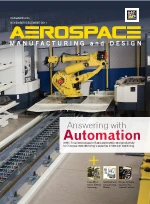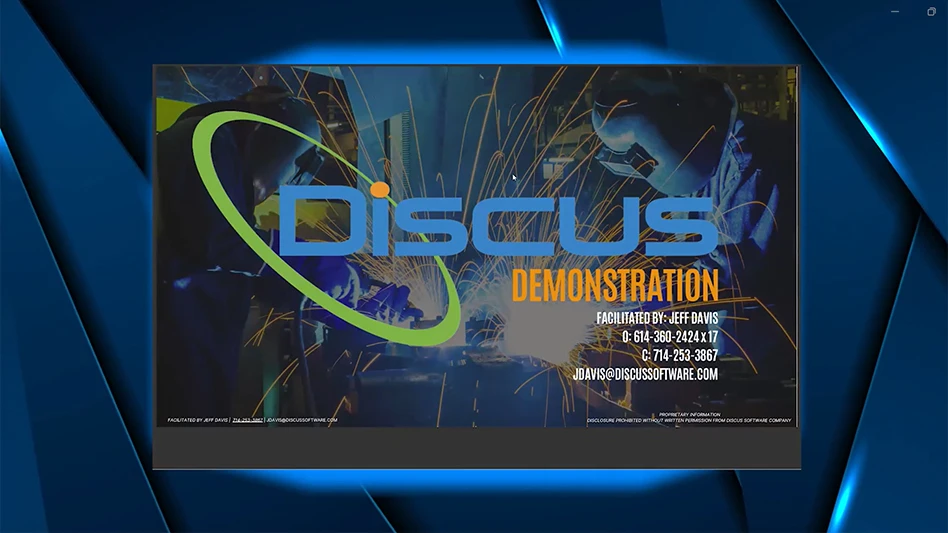 ScanEagle, used by the U.S., Australian, and Canadian militaries for surveillance in Iraq and Afghanistan, was developed in partnership with Boeing. The collaboration was so successful that Boeing acquired Insitu in September 2008, making Insitu a wholly owned subsidiary of Boeing Integrated Defense Systems’ Military Aircraft division. UAS’s are by far the fastest-growing segment of the aeronautics industry. ScanEagle, used by the U.S., Australian, and Canadian militaries for surveillance in Iraq and Afghanistan, was developed in partnership with Boeing. The collaboration was so successful that Boeing acquired Insitu in September 2008, making Insitu a wholly owned subsidiary of Boeing Integrated Defense Systems’ Military Aircraft division. UAS’s are by far the fastest-growing segment of the aeronautics industry. |
Insitu Inc. based in Bingen, WA, is a wholly owned subsidiary of The Boeing Company. A leader in the design, development, and production of small autonomous aircraft for Unmanned Aircraft Systems (UAS), including integrated command, control, and video tools for intelligence, surveillance, and reconnaissance (ISR). Small pilotless aircrafts, such as GeoRanger, Insight, and ScanEagle, have been developed and manufactured for the aerospace and military industry by Insitu since its founding in 1994. These miniature robotic aircraft are for commercial and government applications.
"We create various types of software used in the control of autonomous aircraft," says Mark Derbecker, director, systems development, Insitu. "As our company grew, so did our need to efficiently manage complex hardware and software development. Defect tracking and test case management tools from a previous supplier were not meeting our needs."
The Challenge
Building unmanned aircraft requires a compliant and strict software engineering environment in which engineers and developers must work. Mastering the complexity of Insitu's software engineering projects requires a sophisticated and mature requirements management and test management solution that complies within an SEI Capability Maturity Model Integration (CMMI).
Insitu searched for a technology that would provide an automated, streamlined process for continuous monitoring through each level of maturity. Therefore, it was critical for Insitu to find a single application that would integrate and meet the needs of systems engineering, product development, software engineering, and supplier sourcing.
Insitu conducted an extensive trade study of multiple application lifecycle management (ALM) suites and solutions. Insitu looked to construct repeatable processes and workflows tuned to CMMI compliance initiatives. An increase in CMMI maturity improves Insitu's ability to continue winning contracts for their unmanned aircraft systems.
Staff determined that the key capabilities needed were:
- Full traceability from requirements and functional specifications to test management
- Flexible process-centric architecture to construct repeatable processes and workflows that are easily modified and tuned to Capability Maturity Model compliance initiatives
- Extensively customizable test artifacts and automated test result notifications
- Management reporting will provide engineering staff with detailed measures of performance on defects, requirements, and project completion statistics over time
- Real time metrics reports and dashboards across the full lifecycle of software engineering
The Solution
Insitu chose PTC's Integrity to accelerate their adoption of the SEI CMMI and quickly achieve CMMI Level 3 compliance. Given the nature of its products, Insitu had to ensure the highest levels of product and software quality. With an initial goal of achieving CMMI Level 3, Insitu evaluated a variety of product lifecycle management (PLM) and ALM solutions. After conducting a study involving numerous vendors, the organization decided on PTC's Integrity after it scored well in the study for its scalable architecture and process flexibility.
Implementation of Integrity is to ensure consistent, repeatable adoption and monitoring of progress through each level of CMMI.
Engineering companies, such as Insitu, find they need the powerful test management capability, process engine, and full traceability to ensure continued on-time delivery of systems. Moreover, Integrity is facilitating effective reuse of software requirements within Integrity software engineering projects, providing the organization a cost-effective system. Insitu is also using PTC to manage some of their product lifecycle.
"Integrity was chosen due to its modern architecture and flexibility. Integrity provides a single application for our engineers, administrators, and management team to access for project status," Derbecker says.
The Results
For multiple requirements across the organization, Integrity provides control, visibility, and collaboration – through a common management platform.
Integrity allows Insitu to capture, store, and validate software requirements, linking them to testing activities while managing this information through a unified process.
"We are very excited at the possibilities for broad-based process management, the use of test management capabilities, and automation that Integrity can enable," Derbecker states.
PTC Needham, MA
ptc.com
Insitu Inc. Bingen, WA
insitu.com
Get curated news on YOUR industry.
Enter your email to receive our newsletters.
Explore the November December 2011 Issue
Check out more from this issue and find your next story to read.
Latest from Aerospace Manufacturing and Design
- Beyond Aero refines its hydrogen-electric light jet
- Americase's advanced protective solutions
- Social media - what are your thoughts
- GE Aerospace secures Air Force engine contract
- Thomson Industries' online sizing and selection tool
- #53 - Manufacturing Matters - 2024 Leaders in Manufacturing Roundtable
- Join us for insights on one of the hottest topics in manufacturing!
- You can still register for March’s Manufacturing Lunch + Learn!






